
Business Adventures
Twelve Classic Tales from the World of Wall Street
Recommendation
John Brooks’s collection of classic New Yorker articles – cited by Bill Gates and Warren Buffet as a favorite read – offers gripping behind-the-scenes sagas of epochal events in 20th-century business. Originally published between 1959 and 1969, Brooks chronicles 12 business war stories, including four highlighted here: the spectacular rise of Xerox, the equally spectacular fall of the Ford Edsel, a landmark insider-trading case, and corporations’ attempts to protect trade secrets by keeping their employees from going to work for their competitors. Brooks’s elegant prose outshines the usual business writer’s; he eschews jargon for understated wit, vivid characters and restrained drama. Even though this 1969 anthology does show its age in some places, getAbstract recommends Brooks’s insights and singular style to anyone intrigued by pivotal moments that shaped the modern US economy.
Summary
About the Author
Time contributing editor and New Yorker staff writer John Brooks also wrote Once in Golconda: A True Drama of Wall Street 1920-1938 and The Go-Go Years.


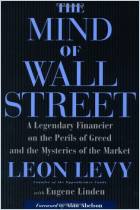

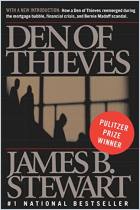
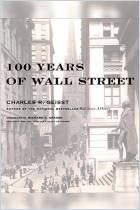
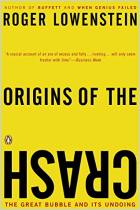
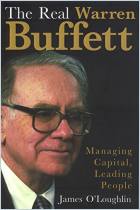






Comment on this summary